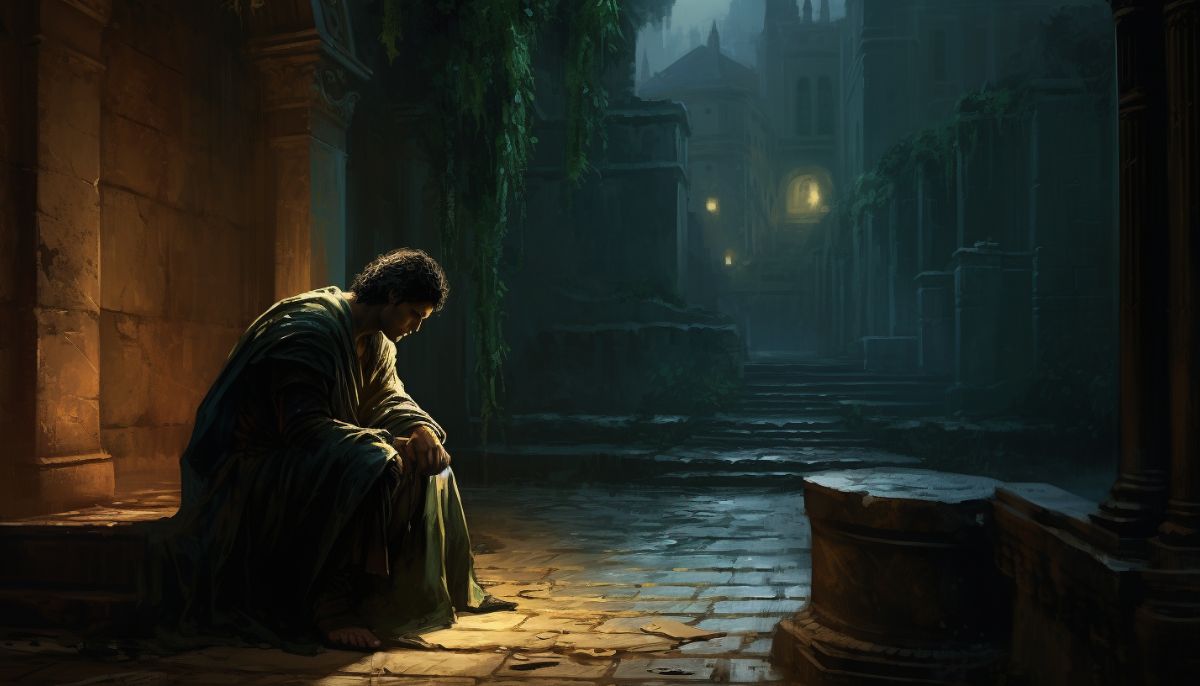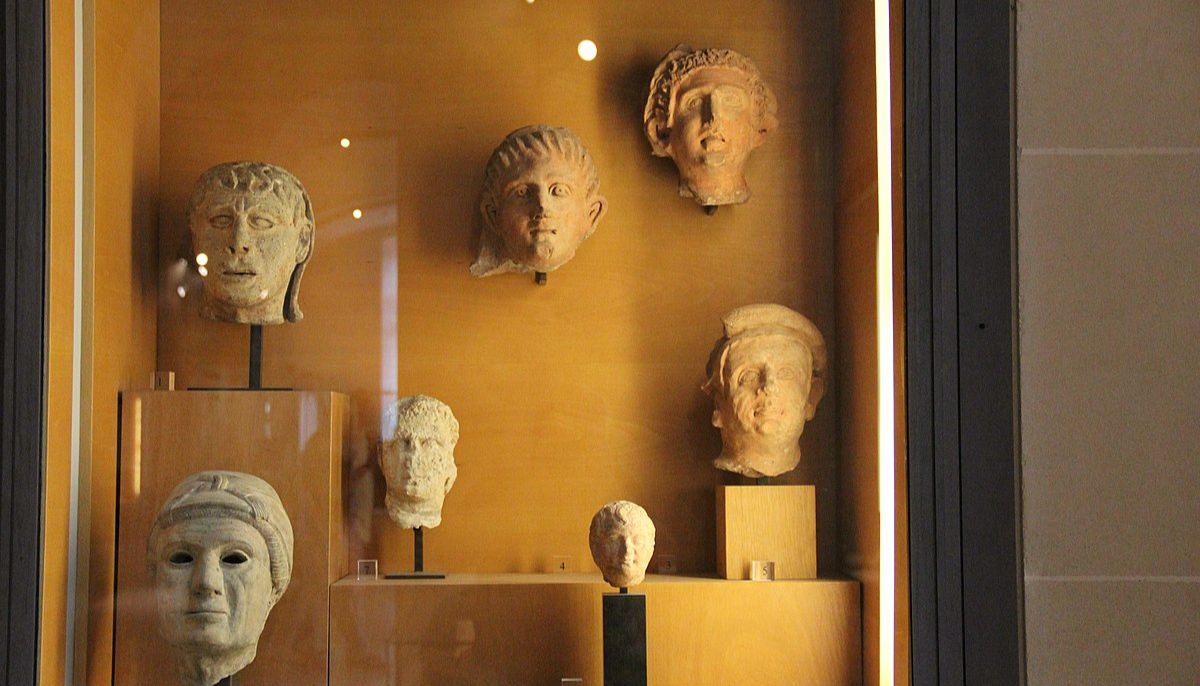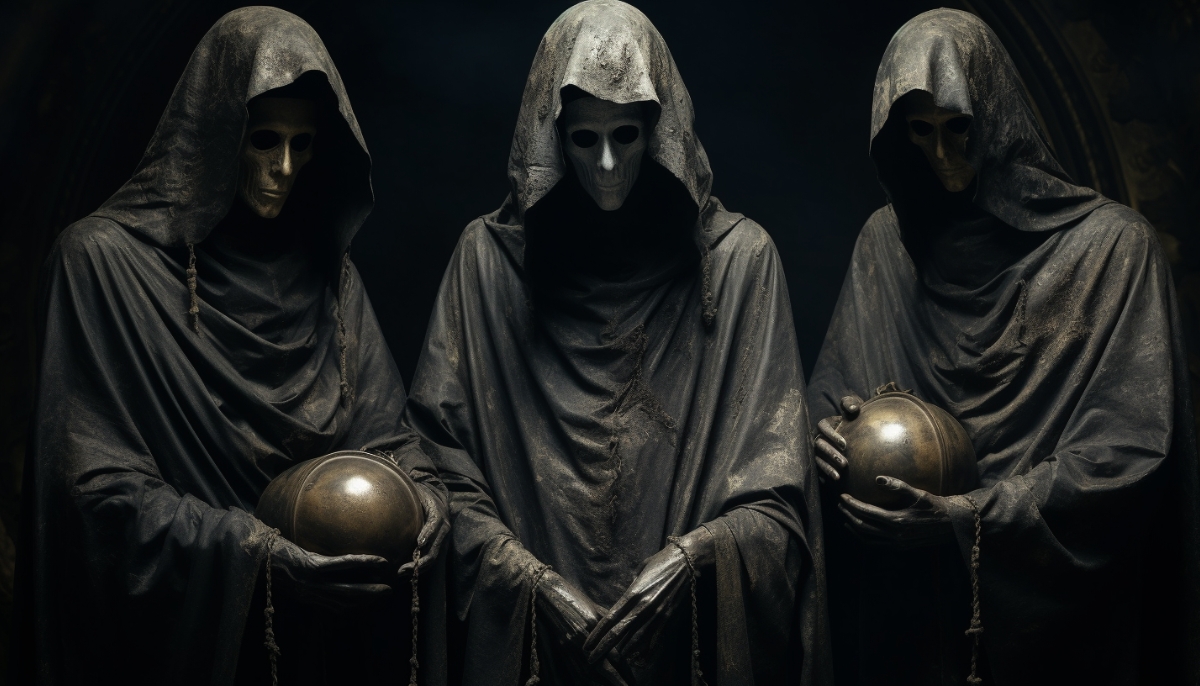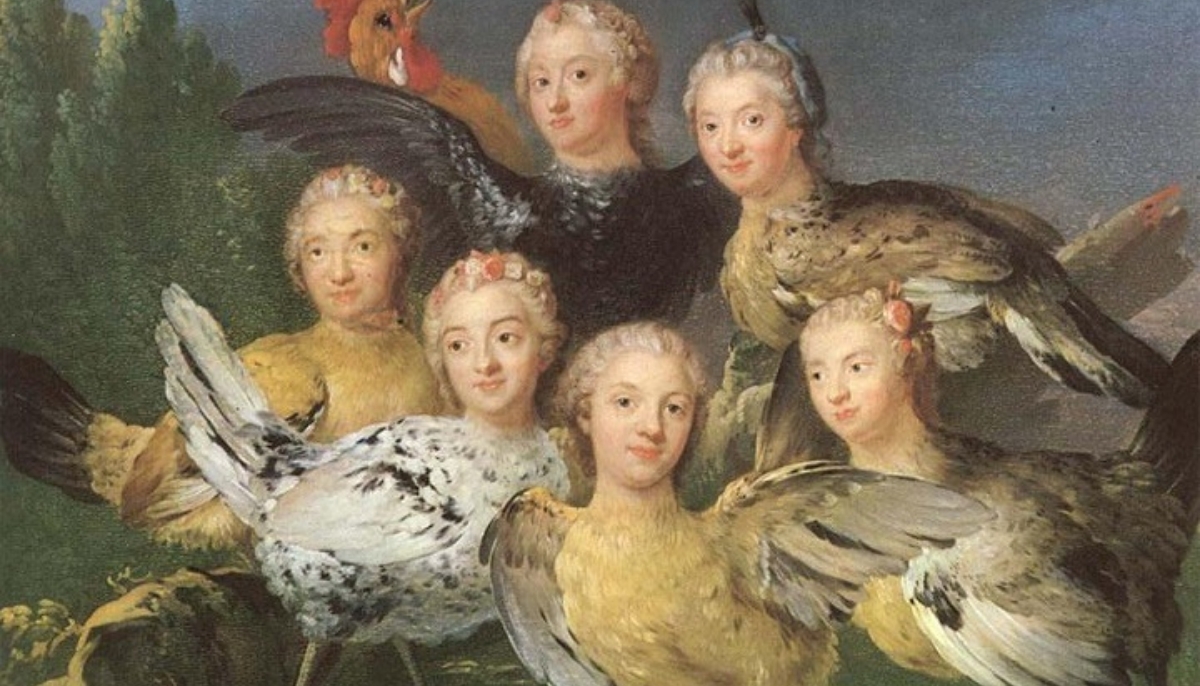In Roman mythology, where gods and goddesses command the forces of nature and human fate, Laverna holds a unique and shadowy niche.
As the goddess of thieves, tricksters, and the underworld, her lore offers a fascinating glimpse into the ancient Roman view of deceit and the individuals who thrive in its embrace.
This article aims to unravel the enigmatic figure of Laverna, exploring her origins, worship, and enduring legacy within Roman religious practices.
Laverna in ancient Rome
Laverna holds a unique and somewhat shadowy position in the pantheon of Roman deities. Known as the goddess of thieves, tricksters, and the underworld, her name is intertwined with the art of deception and secrecy.
The origins of her name are debated, but it is thought to derive from the Latin words latere, meaning “to lurk,” levare, “to relieve, lessen, or lighten” — actions closely associated with the subtleties of thievery — or levator, directly translating to “a thief.”
Altar to Laverna
This goddess’s unique worship included a dedicated altar in Rome, indicating her importance in Roman religious practices. Laverna’s ability to speak to thieves and liars directly, granting them her protection and guidance, further highlights her role as a divine intermediary for those engaged in acts of deception and theft.
Her cult and veneration reflect the complex nature of Roman society, where gods could embody and oversee all aspects of human life, including those considered to be morally ambiguous or outright illicit.
Stories about Laverna in Roman Mythology

Roman mythology is rich in tales of gods and goddesses interacting with mortals. Still, few deities are as intriguing as Laverna, whose stories are recounted by two of Rome’s most famous poets, Virgil and Horace.
Their narratives highlight her cunning and deceptive nature, showcasing her as a patroness of thieves and tricksters.
Virgil’s Tale of Deception
Virgil portrays Laverna as the most cunning and mischievous of all ancient deities, a goddess who preferred the company of scoundrels over celestial beings.
In one of her most daring escapades, she transforms into a beautiful priestess, proposing a deceitful bargain to a great priest. She convinces him to sell his estate under the promise of building a temple on it, only to vanish after liquidating all his assets.
When confronted by Jove, Laverna’s cunning is on full display as she claims immunity from her oath by arguing she had no body to swear by, only to argue later she had no head when her body was revealed, much to the amusement of the gods.
It concludes with Jove declaring her the deity of all deceitful and wicked people, a goddess who aids her followers based on their success in their nefarious deeds.
Horace’s Invocation for Deception
Horace, too, acknowledges Laverna’s significance in Roman mythology, albeit more subtly. He describes a man praying quietly to Laverna, seeking her assistance to appear honest and just to the world while he continues his deceitful ways.
This prayer encapsulates the essence of Laverna’s patronage—providing a cloak of respectability to those engaged in deceit and theft. Horace’s portrayal emphasizes the everyday reliance on Laverna by those wishing to hide their true, nefarious intentions under a veneer of virtue and honesty.
Her tales of trickery and her ability to navigate the demands of both mortals and gods with her cunning wit underline the multifaceted nature of divine figures in ancient Rome.
Laverna’s connection with Furina, the Etruscan Goddess
Laverna’s origins trace back to the ancient Italian and Etruscan underworld, highlighting her deep roots within the region’s pre-Roman spirituality.
The discovery of a cup in an Etruscan tomb, inscribed with “Lavernai Pocolom,” suggests her worship among the Etruscans, linking her to the di inferi, or spirits of the underworld. This connection with the afterlife and darker aspects of human existence evolved into her role as the protectress of thieves, aligning with activities shrouded in secrecy and the night.
Furina, originating from Etruscan tradition, is closely linked with Laverna. An archaic goddess of thieves and the underworld, Furina governed the shadowy corners of the Earth. Her worship was highlighted by the annual celebration of Furrinalia.
The bond between Laverna and Furina exemplifies the fluid nature of myth and religion in ancient times, illustrating how beliefs and deities could evolve and intertwine. This connection underscores the dynamic process through which myths adapted to regional nuances, often merging or diverging from a shared foundational narrative.
Etruscan Influence on Roman Culture

The story of Laverna opens a window into the often-understated influence of Etruscan civilization on Roman culture. The Etruscans, with their rich traditions and religious practices, played a pivotal role in shaping the early sociocultural and spiritual framework of Rome.
Despite this, many frequently overlook the Etruscan contribution, drawing a direct line from Greece to Rome without acknowledging the influential Etruscans.
This oversight simplifies the complex interplay of cultural exchanges that defined the ancient Mediterranean world. The Etruscans were instrumental in introducing gods and goddesses, rituals, and art that significantly enriched Roman religious life






